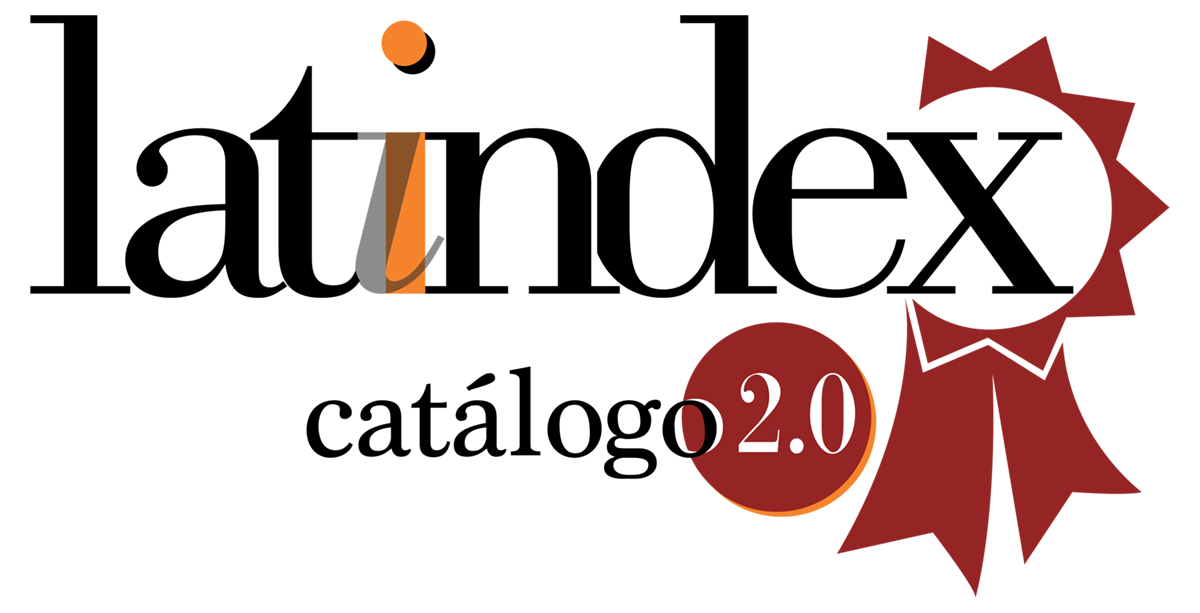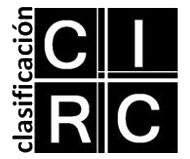Los varones de La Plata
DOI:
https://doi.org/10.24215/16696581e226Keywords:
Masculinity, Citizenship, State, NationAbstract
In the following article we will analyze a selection of historical sources and documents from various institutions in the city of La Plata, also complementing the exploration of the formation of the Military Service career in Argentina (S.M.O). We will focus on comparing what kind of masculinities promoted both the institutions of the so-called expanded State, and the one proposed by the State in its various practices and speeches. With this, we will think about the desired citizenship model at the beginning of the 20th century in Argentina but, specifically, among the particularities of the city of La Plata, making a double semantic game between the name of the city and the reference to the men of Dominant classes of which we will study in this work.
Downloads
References
Adamovsky, E. (2012), Historia de la clase media argentina. Buenos Aires: Grupo editorial Planeta, sexta edición.
Ansaldi, W. (1999). “Crear el sufragante: la universalización masculina de la ciudadanía política en argentina. La reforma electoral de 1912”, en Anales, Nueva Época, 2, Suecia.
Bourdieu, P. (1993) Deporte y clase social. En Materiales de sociología del deporte. Barcelona: Ediciones de La Piqueta.
Branz, J. B. (2018) “Machos de verdad. Masculinidad, Deporte y Clase en Argentina. Una etnografía sobre hombres de sectores dominantes que juegan al rugby”. Editorial Malisia: La Plata, Buenos Aires. Primera Edición.
Citro, Silvia (2006) “Variaciones sobre el cuerpo. Nietzsche, Merleau-Ponty y los cuerpos de la etnografía”. En: Matoso, Elina (comp.) In-certidumbres del Cuerpo. Corporeidad, arte y sociedad. Buenos Aires: Letra Viva-Facultad de Filosofía y Letras, UBA.
Connell, R. (1997) “La organización social de la masculinidad” en Ediciones de las Mujeres, Isis Internacional, Santiago, XXIII, pp. 31─48. Disponible en http://joseolavarria.cl/wp-content/uploads/downloads/2014/08/Masculinidad-poder-y-crisis-Valdes-y-Olavarria.pdf
De Luca, R. (2003) “Familias Platenses”. Buenos Aires: Edigraf S. A.
Dunning, E. (2003) “El fenómeno deportivo. Estudios sociológicos en torno al deporte, la violencia y la civilización”. Barcelona: Paidotribo.
Garcia Victorica, J.A. (1911) “El servicio militar obligatorio bajo sus diversos aspectos”. La semana médica. Buenos Aires.
Gayol, S. (2008) Honor y duelo en la Argentina moderna. Buenos Aires: Siglo XXI Editores.
González, J. (1999) “Convergencias paralelas: desafios, desamores, desatinos entre antropologia y comunicación”. En Estudios sobre las Culturas Contemporáneas, Época 11- Vol. V. Num. 10. Colima. Diciembre, pp. 9-.17.
Gramsci, A. (1973) “Lettere dal carcere: a cura di segio Caprioglio e Elsa Fubini”. Turim: Einaudi, citado como L. (Cartas de la cárcel, Buenos Aires, Nueva Visión.)
Kimmel, M. (1997) “Homofobia, temor, vergüenza y silencio en la identidad masculina” en Valdés, T. y Olavarría, J. (Comps.) Masculinidad/es. Poder y crisis. Ediciones de las Mujeres, n* 24, Isis Internacional, Santiago, Chile, pp. 49─62.
Le Breton, D. (1999), “Las pasiones ordinarias. Antropología de las emociones”. Buenos Aires: Ediciones Nueva Visión.
Mosse, G. (2000) “La imagen del hombre”. Madrid: TALASA Ediciones.
Plotkin, M. y Zimmermann, E. (2012) (Comps). “Las prácticas del Estado. Política, sociedad y elites estatales en la Argentina del siglo XX”. Edhasa, Buenos Aires.
Troisi, J. (2006). “Dardo Rocha, el ùltimo porteño”. Instituto Cultural de la Provincia de Buenos Aires. La Plata.
Valobra, A. (2011). “Claves de la ciudadanía política femenina en la primera mitad del siglo XX en Argentina”. Revista Estudios (24), 7-44. En Memoria Académica. Disponible en: http://www.memoria.fahce.unlp.edu.ar/art_revistas/pr.7377/pr.7377.pdf
Downloads
Published
How to Cite
Issue
Section
License
La aceptación de un original por parte de la revista implica la cesión no exclusiva de los derechos patrimoniales de los/as autores/as en favor del editor, quien permite la reutilización, luego de su edición (postprint), bajo una Licencia Creative Commons Atribución-NoComercial-CompartirIgual 4.0 Internacional (CC BY-NC-SA 4.0)
Acorde a estos términos, el material se puede compartir (copiar y redistribuir en cualquier medio o formato) y adaptar (remezclar, transformar y crear a partir del material otra obra), siempre que a) se cite la autoría y la fuente original de su publicación (revista y URL de la obra), b) no se use para fines comerciales y c) se mantengan los mismos términos de la licencia.
La cesión de derechos no exclusivos implica que luego de su edición (postprint) en Question las/os autoras/es pueden publicar su trabajo en cualquier idioma, medio y formato; en tales casos, se solicita que se consigne que el material fue publicado originalmente en esta revista.
Tal cesión supone, también, la autorización de los/as autores/as para que el trabajo sea cosechado por SEDICI, el repositorio institucional de la Universidad Nacional de La Plata, y sea difundido en las bases de datos que el equipo editorial considere adecuadas para incrementar la visibilidad de la publicación y de sus autores/as.
Asimismo, la revista incentiva a las/os autoras/es para que luego de su publicación en Question depositen sus producciones en otros repositorios institucionales y temáticos, bajo el principio de que ofrecer a la sociedad la producción científica y académica sin restricciones contribuye a un mayor intercambio del conocimiento global.















































